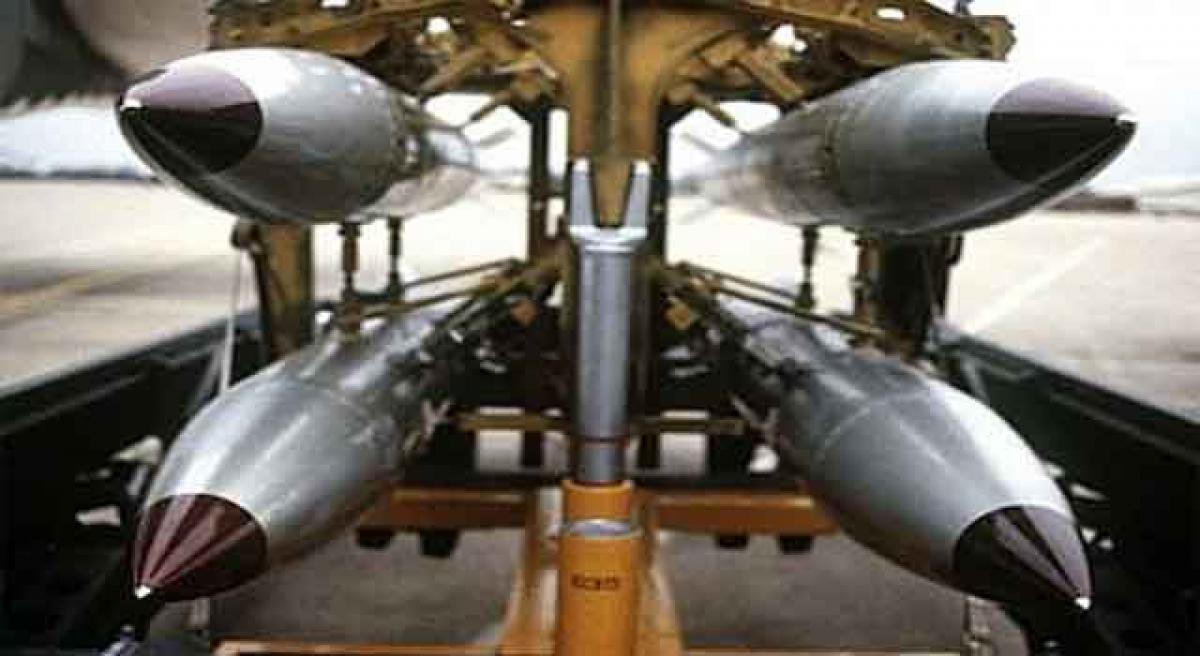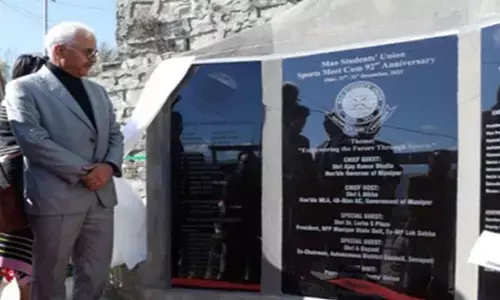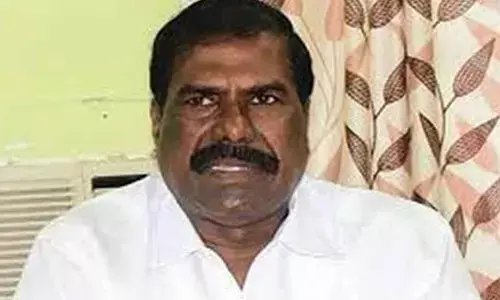India in the MTCR

India has been the victim of repressive sanctions for pursuing its goals in the sensitive nuclear and missile technologies. Braving the sanctions, India continued to develop indigenous capabilities while maintaining remarkable restraint. It has been trying for membership of export control regimes to come out of the isolation. Failing to get a berth in Nuclear Suppliers Group (NSG), it could manage
India has been the victim of repressive sanctions for pursuing its goals in the sensitive nuclear and missile technologies. Braving the sanctions, India continued to develop indigenous capabilities while maintaining remarkable restraint. It has been trying for membership of export control regimes to come out of the isolation. Failing to get a berth in Nuclear Suppliers Group (NSG), it could manage to enter the elite Missile Technology Control Regime (MTCR).
The MTCR members should refrain from export of missile and missile-related technologies that are capable of delivering nuclear weapons. India is only committed to minimum credible nuclear deterrence but never indulged in proliferation of these technologies though it has not adhered to either NPT or MTCR so far.
Therefore, MTCR membership will not hurt India’s interests. On the other hand, Indian space programme will be benefited. The United States earlier imposed sanctions on Indian Space Research Organisation (ISRO) under the MTCR, alleging that this technology will be used in its missile programme.
The US sanctions blocked India’s efforts to acquire Cryogenic rocket technology from Russia in 1990s adversely affecting its GSLV programme. But, with the MTCR membership, export of such technologies to India will not be under the scrutiny or sanctions.
With the MTCR membership, India can sell Brahmos missiles which it developed in collaboration with Russia. These missiles range is reportedly below the threshold under the MTCR. But any upgraded version of Brahmos may attract MTCR curbs.
The MTCR membership can facilitate India’s entry into other export control regimes like the Nuclear Suppliers Group (NSG), the Wassenaar Arrangement, and the Australia Group. Entry into MTCR will facilitate India’s efforts to procure high-end missile technology, surveillance drones such as Predator etc.
But access to such technologies is still subject to many geopolitical considerations, though MTCR membership is the first step. Membership in the non-proliferation bodies would help India avoid being branded as a pariah nation. India suffered this international humiliation for taking a principled position on discriminatory treaties.
The MTCR membership would also enhance India’s global strategic stature. The membership into export control regimes like MTCR will also uphold India as a legitimate nuclear power. India has always been committed to peaceful uses of nuclear technology. However, India is committed to its minimum credible nuclear deterrence.
It has adhered to voluntary nuclear restraint. It strongly opposed discriminatory global nuclear treaties, and steadfastly refrained from proliferation of technologies that could in anyway facilitate the use of weapons of mass destruction. Despite such principled policy and righteous approach, India is unjustly subjected to crippling international sanctions. The MTCR membership validates India’s time-tested nuclear policy.
The world is increasingly coming to terms with the fact that India’s nuclear programme is not intended against any particular country. It stems out of its legitimate concerns both in the region and on the global stage. It’s an acknowledgement that India is and will never be a hawkish State.







